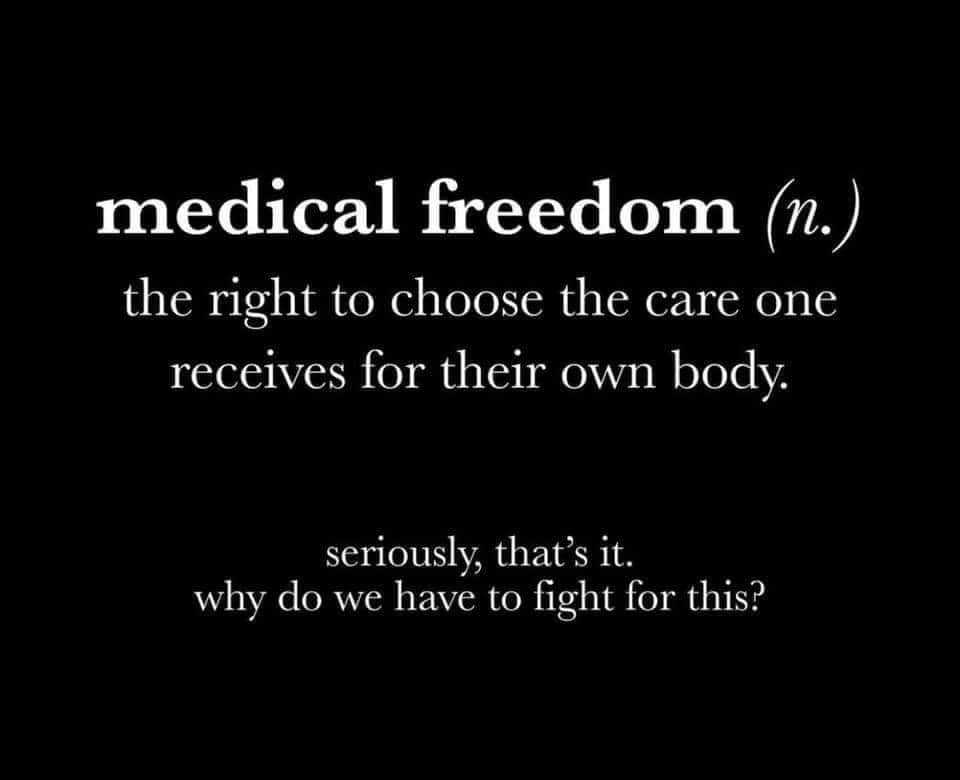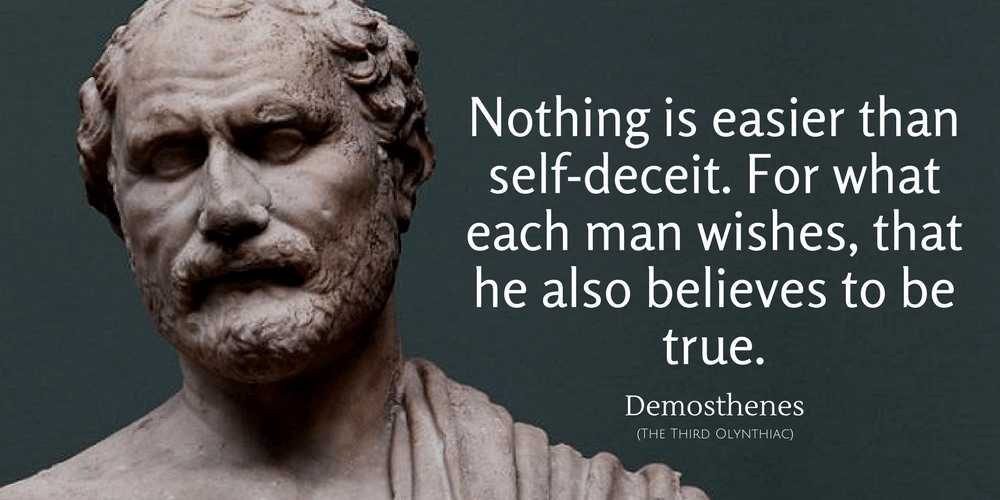Discover posts
“The “I just take Christianity on (blind) faith” attitude can’t be the right approach.
It leaves the Bible without defense, yet Peter directs us to make a defense for the hope that is in us.
Also, the biblical word for faith, pistis, doesn’t mean wishing.
It means active trust.
And trust cannot be conjured up or manufactured.
It must be earned.
You can’t exercise the kind of faith the Bible has in mind unless you’re reasonably sure that some particular things are true.
In fact, I suggest you completely ban the phrase “leap of faith” from your vocabulary. Biblical faith is based on knowledge, not wishing or blind leaps.
Knowledge builds confidence and confidence leads to trust.
The kind of faith God is interested in is not wishing.
It’s trust based on knowing, a sure confidence grounded in evidence.’ – Greg Koukl
Next Sunday, May 2, 2021, we will be having live streamed and in person services at the Chapel.
We will be live streaming our worship service at 11:15 a.m. To watch, go to our Facebook page (under videos).
https://missionvalleychapel.org/
Our in person service will include:
10 am Sunday School, Tom Cantor teaching adult Sunday school
11:55 a.m. refreshments
11:15 a.m. Worship Service, Tom Cantor preaching the sermon
-Communion following the message
I have a stupid dog that continues to chase cars. Other options for stopping this haven't work or aren't practical. Here is what I would like: a motion activated sensor to detect oncoming vehicles; when the sensor is triggered, something sends a signal to a location several hundred feet AWAY from the road, where a treat is delivered. I would then condition the dog so that whenever a car approaches, it should run to the back yard to get its treat. I assume a light or sound accompanying the original sensing and the delivery of the treat will aid in this.
Anyone hear of such a thing? Anyone have a good line on the materials to create such a system?
“Now faith is the assurance of things hoped for, the conviction of things not seen.”
Many take this as support to the “belief without evidence” definition of faith.
Among the potential problems with this view of faith is the way it impacts the process Biblical interpretation itself.
If faith is, indeed, a spiritual conviction that defies evidential support, then one is free to interpret scriptural passages based on what they feel the passage means.
When someone challenges them to back their interpretation up with such tools as cross-referencing or contextual support, that person is asking for evidence, defying their faith and insulting their spiritual conviction.
This is exactly the trap that one falls into if one reads Hebrews 11:1 without considering the context in which it is given… Joel Furches
Someone recently told me that people in his denomination don’t value apologetics (why there’s good reason to believe Christianity is true) because their apologetics are in their actions.
. This attitude, effectively, is what you see with many popular Christian authors today, even when they say nothing about apologetics specifically.
For them, Christianity is all about what you do in the world; it’s no longer about believing in Jesus as Lord and coming to a saving knowledge of Him.
This kind of Christianity is hardly different than secular humanism.
It just comes with a fond but relatively mild appreciation for Jesus on top…like a candied cherry on a sundae of good works that can easily be removed.
—Natasha Crain (from, 10 Signs the Christian Authors You’re Following are (Subtly) Teaching Unbiblical Ideas)
TIP: As this platform only has 3 visibility settings
(Everyone, Friends, Only Me)
if you want to interact with people without laying bare your whole life,
try creating a page, group, or topic in the forum.
GROUPS can be set to private/invite only.
Don't forget to change the privacy settings on your posts
if you don't want everyone to see them!








